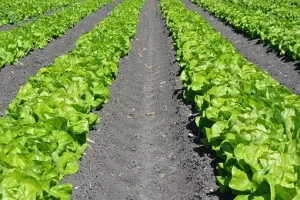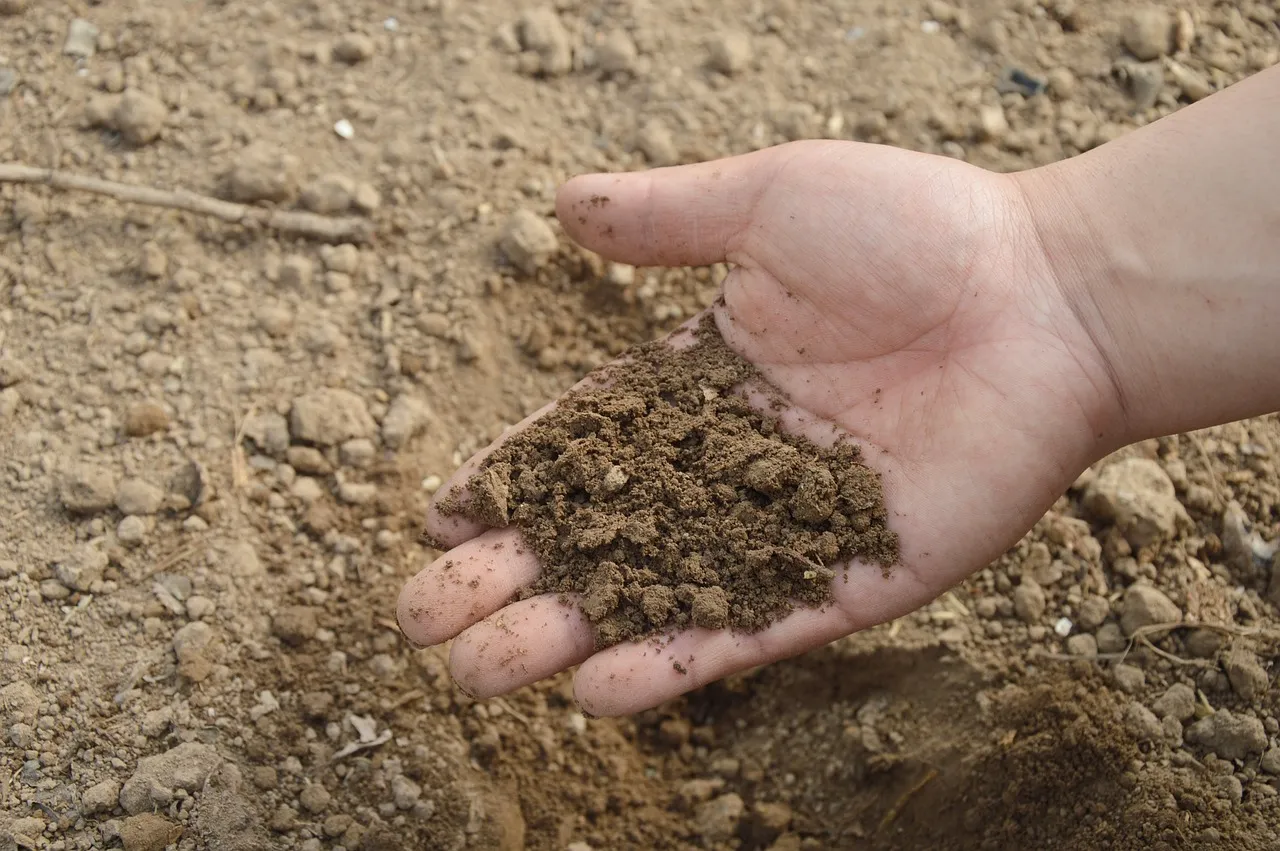If you’re interested in making your Virginia farm as environmentally-friendly and sustainable as possible, there are many changes you can make to your current practices. Many farmers across the state and country are making changes to their agricultural practices to reduce their environmental impact and save money! These changes can also help Virginia farms to sequester more carbon – a great tool for fighting climate change, which poses a threat to farming.
Protect and Build Your Soil
Soil is every farmer’s greatest resource, so it’s critical to the health of your farm to invest time into building and protecting your soil. There are several sustainable ways to create and nurture more rich and nutritious soil.
First, reduce how often you till your soil as much as possible and try to use tools that mechanically remove weeds where they grow without disturbing the rest of the soil. This helps to reduce erosion as the soil stays in place. It also improves the absorption rate for water to keep your crops hydrated. Additionally, this is great for the environment as healthy soil sequesters carbon, which helps to fight climate change. In fact, if farmers everywhere reduced their tillage, it would be equivalent to taking over 12 million cars off the road!
Second, farmers can improve the quality of their soil by simply rotating the crops they were already planning to grow! By diversifying your crops and rotating them around your fields, you can ensure that specific nutrients in the soil aren’t depleted by the same crops over and over. Certain crops can supply the nutrients your soil may be lacking, like legumes which add nitrogen to the soil.
Use Natural Predators to Reduce Pesticides
By carefully planning your Virginia farm – for example, which crops you will plant and where – can help you to naturally reduce insects and other pests without pesticides. This saves you money, and can also help to protect your soil and crops. This approach helps to minimize the economic and environmental risks that pests can cause on farms. For example, if your crops have a problem with aphids and mites, you can bring in ladybugs and ladybird beetles to eat the pests as these carnivorous insects won’t bother your crops.
Plant the Right Cover Crops
 Virginia is known for having all four seasons, and colder seasons can be harsh on your soil. To preserve your soil and prevent erosion, consider Virginia farmers should try planting cover crops that spread across the soil, covering and protecting the soil between growing seasons. Your soil is one of your most important resources, so it’s crucial to protect its integrity before your next crop. Cover crops also help to hold nutrients and suppress weeds, making the soil even healthier for you next season. For Virginia livestock farmers, planting cover crops can even save you money as you can use them to graze your livestock. These are some of the best cover crops for Virginia farms:
Virginia is known for having all four seasons, and colder seasons can be harsh on your soil. To preserve your soil and prevent erosion, consider Virginia farmers should try planting cover crops that spread across the soil, covering and protecting the soil between growing seasons. Your soil is one of your most important resources, so it’s crucial to protect its integrity before your next crop. Cover crops also help to hold nutrients and suppress weeds, making the soil even healthier for you next season. For Virginia livestock farmers, planting cover crops can even save you money as you can use them to graze your livestock. These are some of the best cover crops for Virginia farms:
- Legumes: Legumes add nitrogen to the soil and reduce the need to add chemical fertilizers to provide this essential nutrient.
- Rye grass: Rye grows all season long, and can help your crops to root more deeply by competing with them for surface water.
- Brassica: Brassica (including mustard and oil-seed radish) help to prevent soil parasites from impacting plants and also promote the growth of soil fungus that supports plants.
